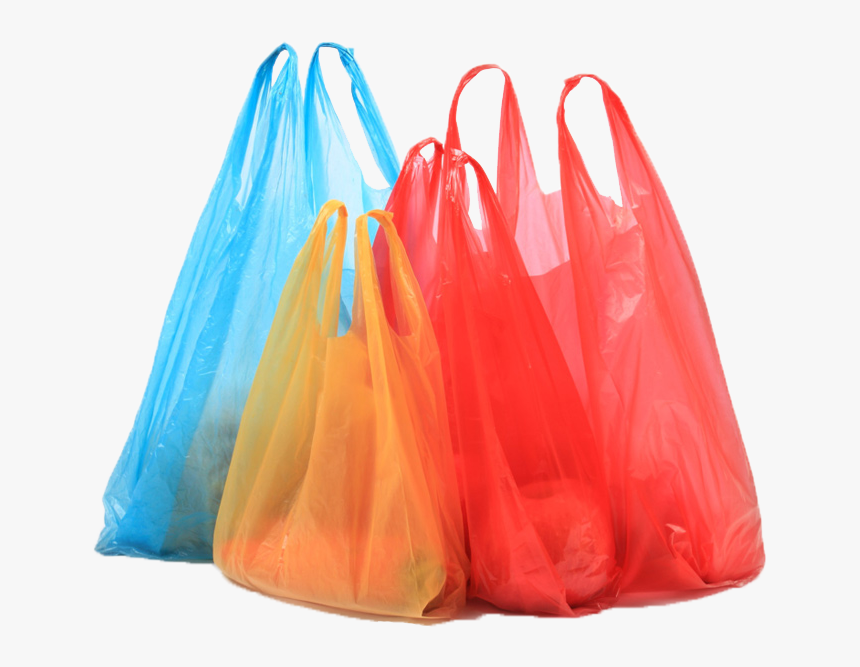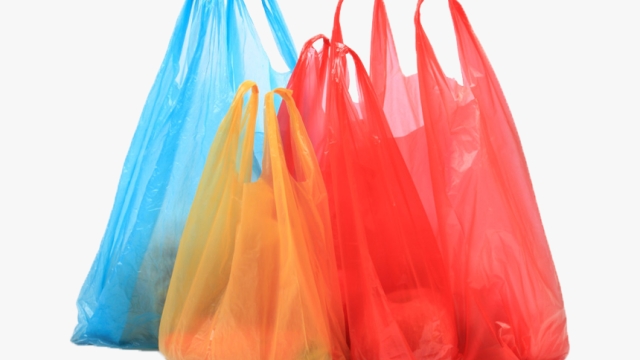
In our fast-paced world, convenience often takes precedence over environmental considerations. Plastic shopping bags have become a staple of modern consumerism, providing an easy way to carry groceries and other purchases home. They are lightweight, durable, and incredibly inexpensive for retailers to distribute. However, this convenience comes at a staggering cost that is often overlooked.
The rise of plastic shopping bags has led to a myriad of environmental issues, affecting wildlife, ecosystems, and even our own health. While many of us may not think twice about grabbing a plastic bag at the checkout, the long-term consequences of their widespread use are becoming increasingly apparent. As we examine the journey of these bags, from their creation to their eventual disposal, it is critical to understand the hidden costs that extend far beyond their mere convenience.
The Environmental Impact of Plastic Bags
Plastic shopping bags have become ubiquitous in our daily lives, but their convenience comes at a significant environmental cost. When discarded improperly, these bags contribute to the pollution of our land and waterways. Millions of plastic bags end up in oceans and rivers each year, where they pose a deadly threat to marine life. Sea turtles, for instance, often mistake plastic bags for jellyfish, leading to ingestion that can be fatal. Additionally, birds and other animals can become entangled in floating bags, resulting in injury or death.
The production of plastic bags also has profound implications for our environment. The manufacturing process involves the extraction of fossil fuels, which contributes to greenhouse gas emissions. Moreover, the resources used to create these bags, including water and energy, can deplete local environments and harm ecosystems. While plastic bags are often marketed as lightweight and cheap, the hidden costs of their production extend beyond mere financial implications, affecting our planet’s health.
Once plastic bags enter the waste stream, they can take hundreds of years to decompose. Many bags break down into microplastics, which infiltrate soil and water, further perpetuating environmental contamination. These microplastics can enter the food chain, potentially harming human health as well. The long-lasting nature of plastic shopping bags poses serious challenges for waste management, pushing communities to find more sustainable alternatives to reduce their ecological footprint.
Health Risks Associated with Plastic Waste
The proliferation of plastic shopping bags has led to an alarming accumulation of plastic waste in our environment. As these bags deteriorate, they break down into microplastics, which can infiltrate soil and water systems. This contamination poses significant risks to human health, as microplastics have been detected in various food sources, including seafood and fresh produce. Ingesting these tiny particles raises concerns about their potential to cause harm, including developmental issues and endocrine disruption.
Moreover, plastic waste often harbors harmful chemicals that leach into the environment. Many plastic bags are produced with additives such as phthalates and bisphenol A, which are known to have toxic effects. When these bags break down, the toxic substances can migrate into the ground or water, where they can eventually enter the food chain. Exposure to these chemicals has been linked to various health problems, including reproductive and hormonal disorders, increasing the stakes of our dependence on plastic shopping bags.
Finally, the issue of plastic pollution also extends to its impact on mental health. The sight of littered plastic in natural environments can lead to a sense of despair and frustration. Communities burdened by plastic waste often experience reduced quality of life and diminished public health. The stress associated with pollution-related issues can escalate anxiety levels, impacting overall well-being and highlighting the unseen repercussions of relying heavily on plastic shopping bags.
Alternatives to Plastic Shopping Bags
As consumers become increasingly aware of the environmental impact of plastic shopping bags, several alternatives have gained popularity. Reusable cloth bags are a top choice for many shoppers. Made from materials such as cotton or jute, these bags are sturdy, washable, and can be used multiple times without degradation. They not only reduce waste but also provide a stylish option for carrying groceries and personal items.
Another emerging alternative is biodegradable bags made from plant-based materials like cornstarch or potato starch. These bags decompose more easily than traditional plastic, reducing their impact on landfills and the environment. While they still require proper disposal to ensure they break down effectively, they represent a step forward in providing consumers with more eco-friendly options compared to conventional plastic shopping bags.
Thank You Plastic Bags Wholesale
Lastly, some stores offer compostable bags, which have gained traction for their ability to break down in composting environments. These bags are designed to be disposed of alongside organic waste, making them a practical option for eco-conscious shoppers. By promoting the use of these alternatives, retailers and consumers can substantially lessen the reliance on single-use plastic shopping bags and help protect the planet for future generations.



